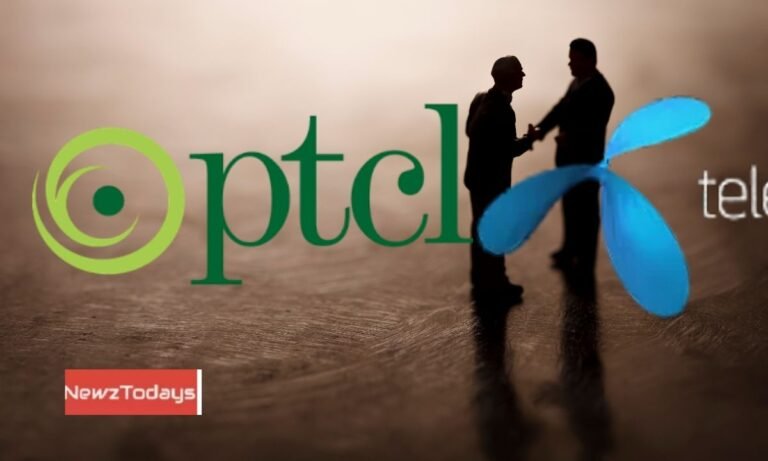ISLAMABAD: The Policy Board of Pakistan Telecommunication Company Limited (PTCL) has formally approved and submitted its commitment to comply with the stringent terms and conditions laid down by the Competition Commission of Pakistan (CCP) for its acquisition of Telenor Pakistan. The move clears the path for CCP to issue its much-anticipated order on the landmark merger, pending for over 18 months.PTCL Lapses Stall $1bn Ufone–Telenor Merger
The CCP carried out one of the most exhaustive merger reviews in its history, applying the Substantial Lessening of Competition (SLC) Test to assess whether the deal could distort market dynamics. Its review spanned multiple sub-markets, including cellular mobile services, long-distance and international (LDI) services, fixed-line telephony, leased lines, and IP bandwidth.
Between September 2024 and August 2025, the Commission held five open hearings and several confidential sessions with PTCL, Telenor, and other stakeholders. It demanded extensive documentation—from regulatory separated accounts to interconnection agreements and business plans—to evaluate possible dominance concerns. Despite delays, incomplete disclosures, and technical complexities, CCP maintained pressure until it secured all required information.
According to officials, the Commission also faced considerable political and corporate pressure to fast-track approval. Yet Chairman Dr. Kabir Sidhu demonstrated institutional resolve by insisting on transparency and refusing to proceed without satisfactory responses. In February 2025, PTCL’s counsel argued that CCP had become “functus officio,” a claim dismissed by the Commission, which asserted that statutory timelines were intact and that public interest necessitated a rigorous probe.
The PTCL–Telenor review follows the global trend of lengthy telecom merger evaluations. For instance, Vodafone’s €17.5 billion merger with Three UK took nearly 23 months to clear, while the Sprint–T-Mobile deal in the U.S. required 22 months. Against this backdrop, CCP’s 18-month process reflects international best practices for complex, market-shaping transactions.
Officials acknowledge that the merger will create a highly concentrated operator by combining PTCL’s Ufone with Telenor Pakistan, raising potential dominance risks. However, CCP’s conditional approval framework is expected to mitigate these risks through safeguards on pricing, interconnection, infrastructure sharing, and fair competition. If enforced effectively, the merger could deliver efficiencies, improve service quality, cut infrastructure duplication, and generate cost savings.
The case has become a litmus test of CCP’s independence. By subjecting a politically and commercially sensitive transaction to tough scrutiny, the Commission has underscored its role as a guardian of consumer welfare and fair markets.



